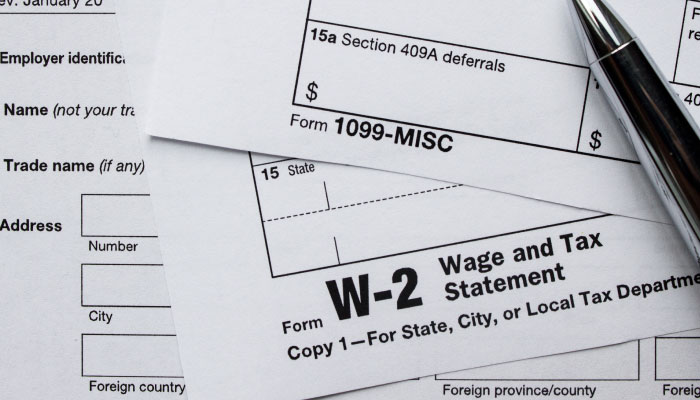Hint: Know all classification requirements for employees vs. independent contractors
Everyone makes mistakes—age old mantras even remind us that we learn from our mistakes. But there is one mistake that you can’t afford to make: misclassifying employees as independent contractors!
Not every misclassification is really a mistake, though. The Department for Professional Employees AFL-CIO asserts that some employers do in fact misclassify workers intentionally to avoid paying federal and state taxes, social security, and unemployment insurance for those workers. Whether it’s a mistake or not, misclassification could open your company up to Internal Revenue Service (IRS) fines and hefty employment taxes.
And the IRS isn’t the agency to worry about, asserts payroll expert Vicki Lambert. Both federal and state agencies are actively looking for misclassified employees—and have upped the penalties for violations.
No Scope for Payroll Misclassification : Employee Vs. Independent Contractor
When you select an individual to perform a service for your organization, you must decide to hire that individual as an employee or independent contractor. True, hiring as an independent contractor means you don’t pay payroll taxes. But there are also benefits to hiring an employee, including:
- An invested performer: An employee will see your company as a potential for their future, so will be willing to give more of themselves and promote your goals, according to The Balance Small Business.
- Reduced recruitment effort (and cost): Hiring an employee means eliminating the need to constantly seek new contract workers to train and acclimate to your organization. This can save your company money in recruitment fees, claims The Balance Small Business.
- Control over work culture & schedule: Employees must follow your company’s working hours and business practices. On the other hand, interfering too much with an independent contractor’s work practices is risky. Doing so makes the individual look like an employee, “for whom the law says you should be paying payroll taxes, workers’ compensation insurance premiums, and more, advises com. (More on this in this in the next section.)
Remember: The choice is about more than just preference: Whether the individual is an employee or an independent contractor, you must know how to properly process those paychecks!
Don’t Rein in Contractors
The Internal Revenue Service (IRS) defines an individual as an employee if “you have the right to control what will be done and how it will be done.” They use common law rules to determine if an individual is an employee or independent contractor, thoroughly examining three areas of control to determine worker status:
- Behavioral control. These factors examine if the employer controls the details of how, when, and where an individual does the work.
- Financial control. These factors examine if the business has a right to control the business aspects of the individual’s job, such as unreimbursed business expenses, wage agreements, and whether the individual can make a profit or a loss.
- Type of relationship. These factors examine all aspects of the employer/individual relationship, such as contracts for work, any benefits offered, permanency of the relationship, and how integral the individual is to the company.
Rules to Follow: FLSA, IRS & State Law
Even if you’ve confidently pinned down employee classification under the IRS rules, you can’t afford to get complacent. Fair Labor Standards Act (FLSA) rules differ from the IRS rules and you have to follow both!
The FLSA categorizes employees as exempt or non-exempt from the regulations for minimum wage and overtime. Here are some Department of Labor (DOL) misclassification facts you must know:
- “Even if you are an independent contractor under another law (for example, tax law or state law), you may still be an employee under the FLSA,
- Receiving a 1099 does not make you an independent contractor under the FLSA, and
- Signing an independent contractor agreement does not make you an independent contractor under the FLSA.”
DOL Fact Sheet #13 outlines how the FLSA defines “employment relationship,” but even mastering this terminology won’t prevent misclassification. You have to consider your state’s laws—which trump both the IRS and the FLSA when determining independent contractor status with the ABC test.
Avoid 1099 Audit With Classification Training
At the end of the day, properly classifying worker status is all about avoiding penalties and fines that can be revealed by a 1099 audit.
What might trigger an audit? One red flag is workers receiving both Form 1099 and W-2 in the same year, notes Patriot Software, an accounting and payroll software company. Other possibilities include a 1099 worker filing:
- unemployment,
- disability or a compensation claim, or
- a complaint because he/she felt mistreated as a 1099 worker.
Beware: The chances of 1099 audits are on the rise. Even if you know you have a misclassified employee right now, don’t panic: You just need to know how to properly classify worker status so you can lower that audit risk.
(This post first appeared in a ProfEd blog)
By Amy P on 13th September 2018




